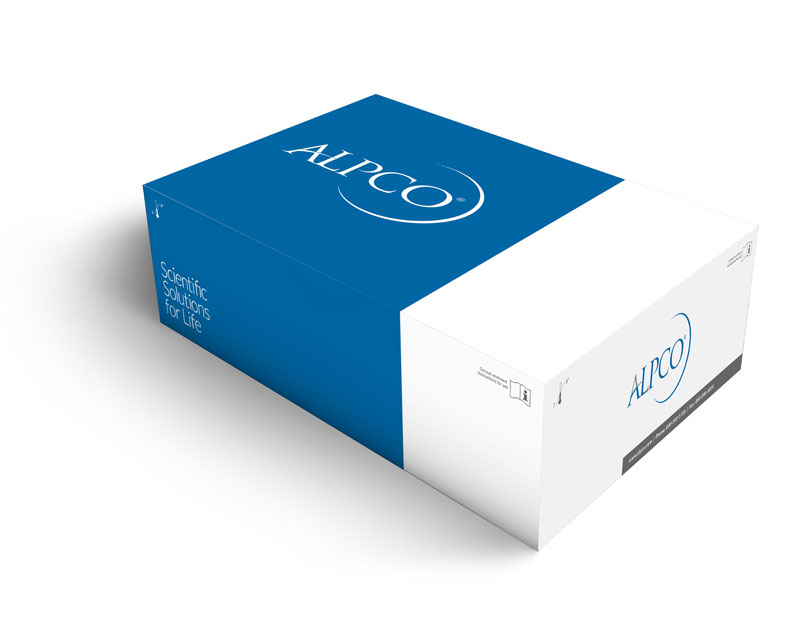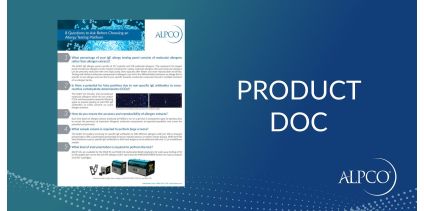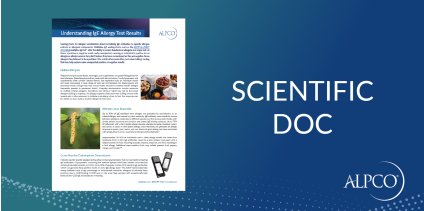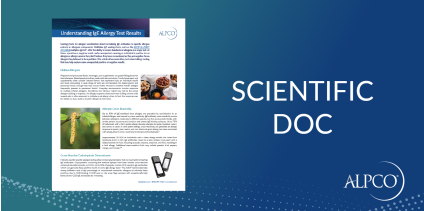E. coli Stool Panel I PCR Kit
$1,825.00
Catalog
86-ECPHU-100
The E. coli Stool Panel I PCR Kit is a multiplex real-time PCR assay for the direct, qualitative detection and differentiation of genes encoding the virulence-factors of EPEC and STEC, EPEC in human stool samples. Research Use Only. Not for Use in Diagnostic Procedures.
Species
Human
Regulatory Status
Research Use Only. Not for Use in Diagnostic Procedures.
Product Distribution
Available in North America Only
Sensitivity
≥ 10 DNA copies
Sizes
100 Tests
Sample Types
Stool
Inc Time Hour
< 1.5
Inc Time Overnight
No
Inc Time See Protocol
No
Detection
Fluorescence
The E. coli Stool Panel I PCR Kit has been tested on the Roche LightCycler 480II/480 z, Agilent Technologies Mx3005P, Applied Biosystems ABI 7500, Bio-Rad CFX96, and QIAGEN Rotor-Gene Q real-time PCR instruments. Contact ALPCO for addition real-time PCR instrument information.
The E. coli Stool Panel I is a multiplex real-time PCR assay for the direct, qualitative detection and differentiation of genes encoding the virulence-factors of EPEC and STEC. After DNA isolation, amplification of the gene fragments specific for the virulence factors stx1, stx2 and eae (if present) occurs. The amplified targets are detected with hydrolysis probes, which are labelled at one end with a quencher and at the other end with a fluorescent reporter dye (fluorophore). In the presence of a target the probes hybridize to the amplicons. During the extension step the Taq-Polymerase breaks the reporter-quencher proximity. The reporter emits a fluorescent signal which is detected by the optical unit of a real-time PCR instrument. The fluorescence signal increases with the number of formed amplicons. The E. coli Stool Panel I assay contains an Internal Control DNA (ICD) as an internal control of sample preparation procedure and to determine possible PCR-inhibition.







